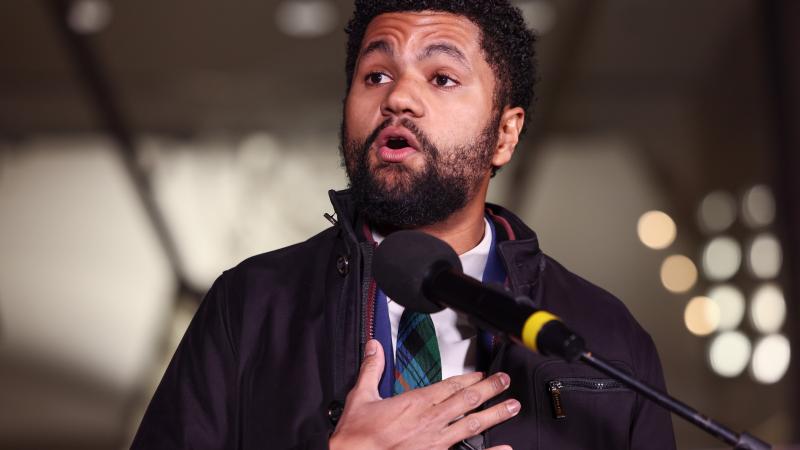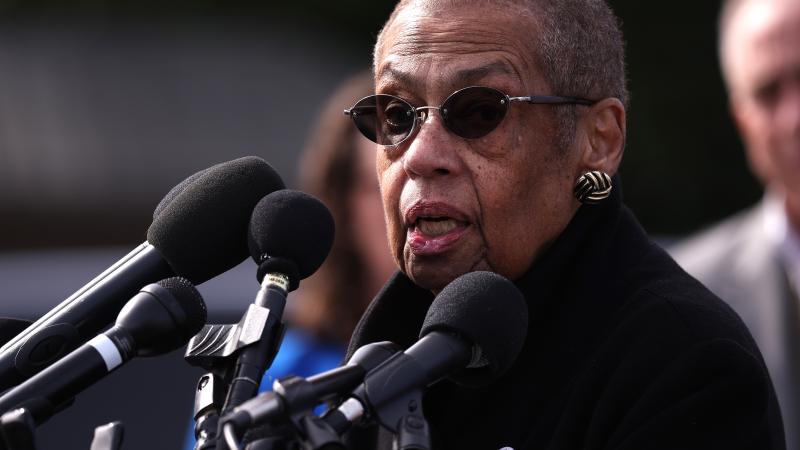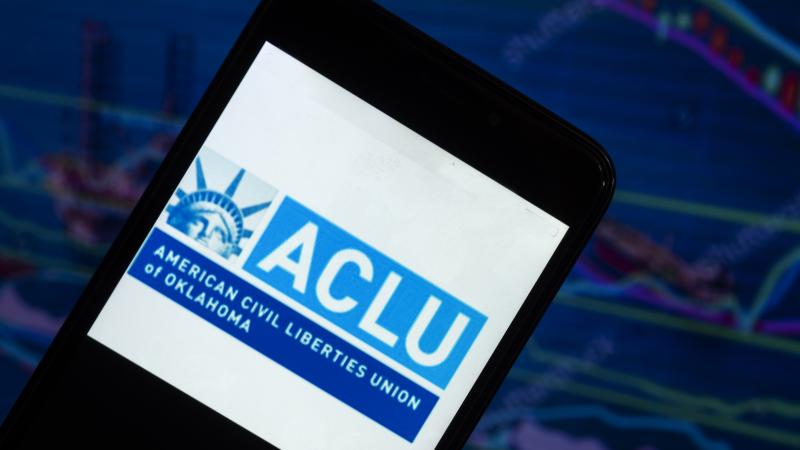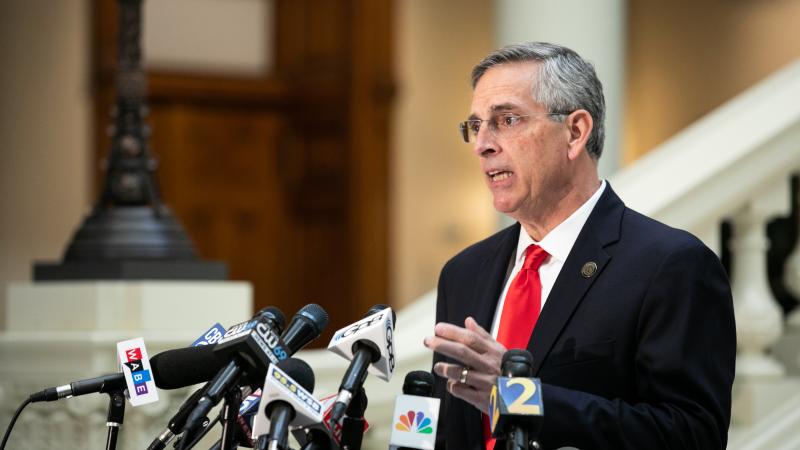Can AI save healthcare? Looking for answers at AI Horizons summit
At the summit, industry leaders spoke of innovations poised to usher in a new age of care, one that has already started.
(The Center Square) -
(The Center Square) - In Pennsylvania, healthcare is a big industry. In fact, it's so big that Pittsburgh-based UPMC is the largest non-government employer in the state.
It's also an industry in crisis. For the organizers of the city's AI Horizons summit, that’s where artificial intelligence comes in.
At the summit, industry leaders spoke of innovations poised to usher in a new age of care, one that has already started.
Ian Blunt, vice president of Data and Analytics at Highmark Health, said that he’s been using AI in healthcare for decades, analyzing data and using predictive models to enhance patient care. It’s only been in the past two years, however, that other members of his organization have been turning to AI to develop solutions to the problems they encounter.
“Ideally, you want to be proactive so get the member support when they need it, and we've got some very powerful ways to be able to do that,” said Blunt. “For example, for those who are going to have some really extreme healthcare needs, we're able to predict that in more than 80% of cases six months before those needs are being met.”
Key to creating programs with such high-level efficacy, is knowing what questions to ask, experts say. When confronted with a new MIT report that found 95% of AI pilots fail to deliver a return on investment, panelists cautioned against using technology for technology’s sake.
“It doesn’t start with AI. It starts with the customer. It starts with the problem that you’re solving,” said Will Kaigler, former Carnegie Mellon professor and CEO of SovaSage, a company that pairs individuals living with sleep apnea with virtual respiratory coaches.
Shiv Rao, another Pittsburgh-based entrepreneur, is a cardiologist who worked at UPMC before founding Abridge, a generative AI company that enhances conversations between clinicians and patients. The physician continues to see patients monthly, allowing him to stay close to the needs his tech aims to meet.
“What I'm looking for as a professional, as a doctor, is more agency. I need 30 hours a day to get all my work done, and I'm not delivering the kind of care and kind of care experience that I wish I could,” said Rao. “And so, if AI can create more agency for people, then we're doing it right, and I think that's the opportunity that's in front of us.”
With customers like Johns Hopkins, Kaiser Permanente, and Mayo Clinic, the startup has grown far beyond its Pennsylvania roots. Rao says his company receives “love letters” every day from medical professionals who say their lives have been changed by the application, reducing their daily workload by hours that would have been spent on documentation and administrative tasks.
The Center Square asked panelists how those operating in the healthcare space introduce AI solutions to a wary public.
Kaigler said that his experience with SovaSage has demonstrated that most people take AI on a case by case basis. They may be wary of the technology overall, but when it benefits them, they’re happy to accept it.
“They have a solution, which is somebody helping them, and previously, they hadn't received help, right?” said Kaigler. “That's what they care about.”
For Michael Guidry, vice president of product management at Teletracking, it’s about getting buy-in from those working in clinical and administrative settings.
“We try and design solutions where you limit the number of people that really have to think about what you're trying to do and the impact you're trying to have and what decisions need to be made,” said Guidry. “So to them, it's just the breadcrumb that helps them do their job better. They're not really thinking about AI too much.”















